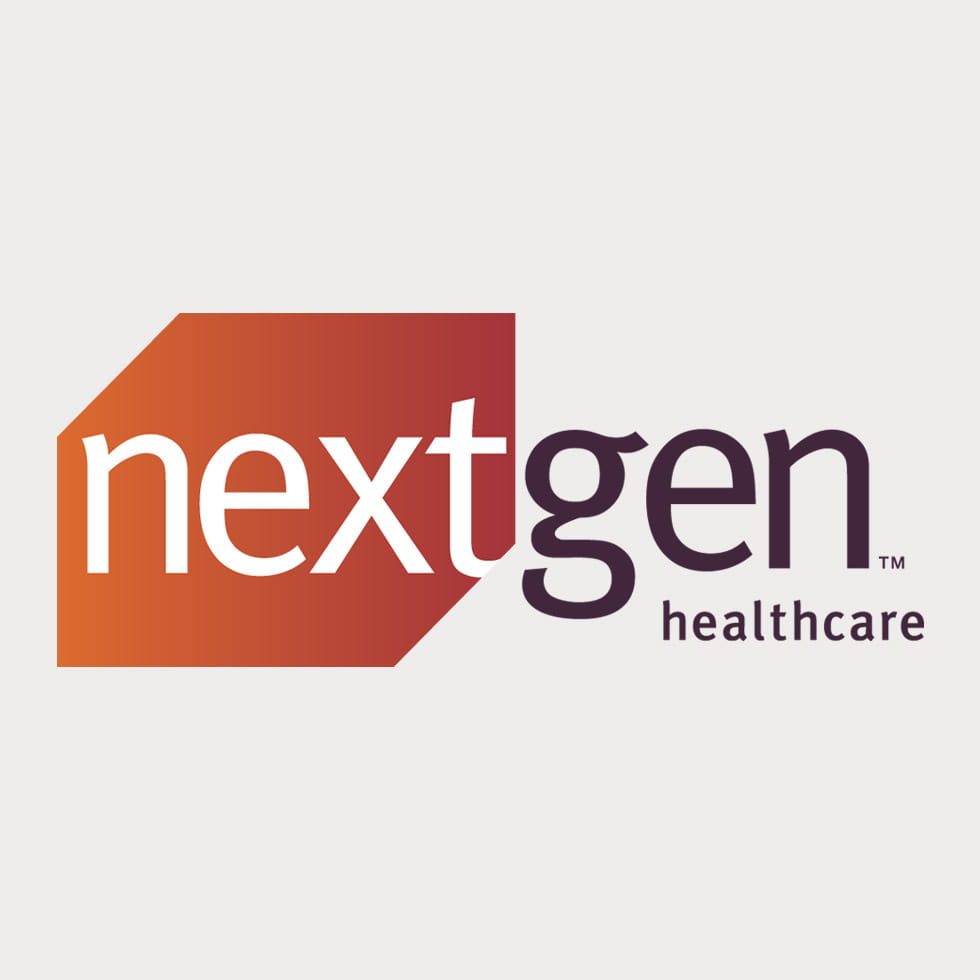Don’t believe the naysayers. Many see recent regulatory initiatives at the Federal level as a nail in the coffin for public Health Information Exchanges (HIEs). In particular, the push within the 21stCentury Cures Act to promote interoperability among health IT applications is seen as undermining HIEs. That push is real but looking deeper into Federal policies illustrates that related efforts like TEFCA support more nuanced differences of health data exchange and interoperability that promote a broad ecosystem of solutions - solutions that will be needed to assure we achieve the goals for healthcare transformation framed in the quadruple aims.
According to HealthIT.gov, the Trusted Exchange Framework and Common Agreement (TEFCA), released on April 19, 2019, outlines a common set of principles, terms, and conditions to support the development of a Common Agreement that would help enable nationwide exchange of electronic health information (EHI) across disparate health information networks (HINs). The TEFCA is designed to scale EHI exchange nationwide and help ensure that HINs, health care providers, health plans, individuals and many more stakeholders have secure access to their electronic health information when and where it is needed.
NextGen Healthcare is in an interesting position as a health IT provider that has both EHR and HIE offerings in the market. We see every day, at the front lines of healthcare, how interoperability and health information exchange add value to the quality and outcomes of care delivered across the country.
It is true that advanced interoperability standards emerging through 21st Century Cures will enable clinicians to more easily query information on individual patients in their care to assure they are fully informed about patient’s care history overtime. And we think that is great. These queries are permissible because the provider is actively caring for that individual. They can’t however, query information on individuals not in their care or receive alerts on patients seen elsewhere through the query process.
The good news is the tide is rising for all boats. Standards being worked out right now at the National level will make it easier for health IT applications to better integrate and cross-communicate, so that innovation is facilitated by easier, appropriate, access to application level data. Again, primarily oriented toward patient-centric needs of health data access. NextGen Healthcare is actively monitoring these new rules for interoperability and will update functionality in our EHR products to accommodate these changes.
As we consider the needs of larger systems and communities to monitor health information to manage at risk patients, through continual updates and alerts about status changes, or to support quality and health improvement initiatives, there needs to be accommodation for organizations authorized to proactively follow and aggregate information through health information exchange. We believe that HIEs, the organizations enabling the movement of information, will continue to serve their constituents in this important way. However, that does not mean that HIEs are not evolving themselves.
Advanced organizations are moving toward Intelligent Information Exchange (IIE). This concept of IIE, considers the application of more advanced business rules or clinical guidelines for alerting, gathering and monitoring data from non-traditional sources, applying analytics to the data to support constituents’ population health management goals. The same benefits for distributing exchange infrastructure cost in early HIE models, for some communities, may be a logical strategy for adding distributed analytics to an already curated community data set. These are challenges that our nations more advanced HIEs are taking on now, to hone the models for IIEs of the future.
Interoperability and information exchange will delivery positive impacts with different use case driving their value propositions, and different organizational and technical constructs will enable innovation to flourish. Easier solutions for querying individual records through EMRs or aggregating information through exchanges to support population health goals will all be required to enable desperately needed industry transformation. The new regulations being rolled out will benefit all stakeholders who actively leverage them to deliver enhanced value to their constituents, and that will ultimately support success for a variety of solution models in an evolving healthcare landscape.
Meet NextGen Ambient Assist, your new AI ally that generates a structured SOAP note in seconds from listening to the natural patient/provider conversation.
Read Now